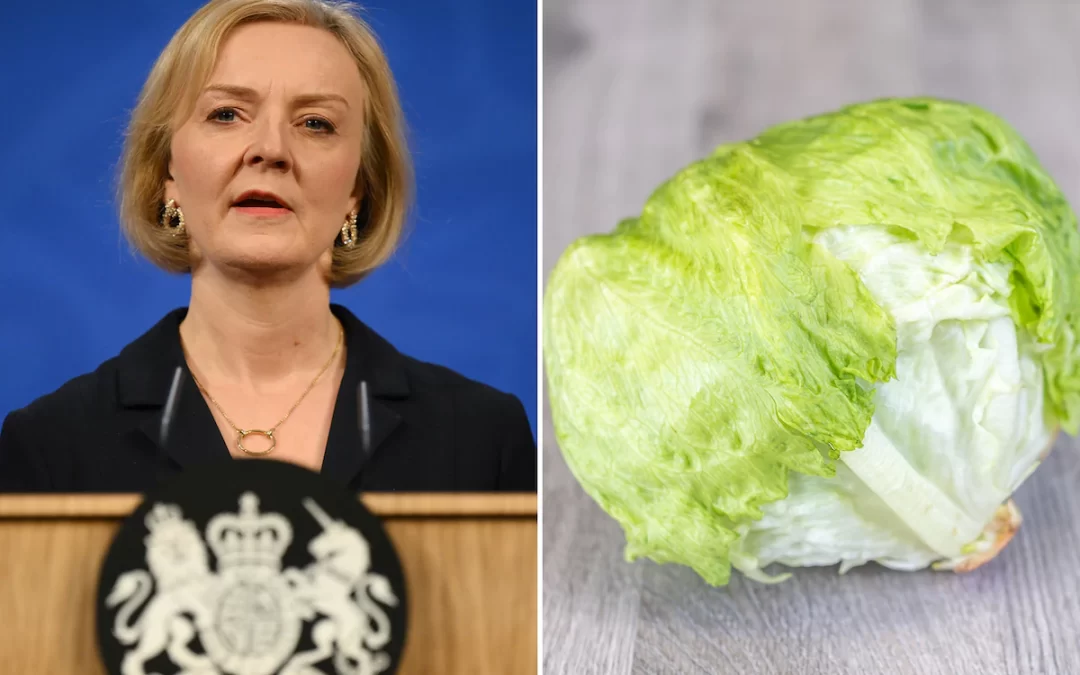What goes around comes around!
The United Kingdom’s nightmare began way back in 2016 when David Cameron, the country’s Prime Minister at the time, announced an election on the question of Brexit. He misread the situation badly, as he did not think there was any chance that the majority of the public would choose to leave the European Union. He wrote the following in his autobiography: “I accept that my approach has failed. The decisions I made contributed to that failure. I failed.” I think he didn’t know at the time how bad that failure was, and how things would unfold afterwards.
By the time the Tories recognized how serious the mistakes were, they were unable to change their tune, and continued with the fallacy, like lemmings approaching the cliff.
In 2019 Jacob Rees-Mogg, who is now business secretary, was talking about the ‘expansive, sunny uplands waiting for us thanks to Brexit.’ But the facts tell their own story – a different story altogether, and it cannot be denied that the pound has fallen steadily against the dollar over the past six years, sliding over 23% during that period. The lack of political stability cannot be denied either. Liz Truss was the fourth Prime Minister in the Brexit era so far, with another coming soon. Worse than that, Jeremy Hunt is the fourth Chancellor of the Exchequer in the last four months. I recently read an interesting article in the ‘Telegraph’ where it said that the UK is more like Italy than France or Germany, in terms of its economy and political stability. For example, gross domestic product (GDP) per capita in the UK has grown by just 10% in the period 2015-2022, compared to 24% in Germany and 18% in France.
Significant Incompetence
Truss and Kwasi Kwarteng (then Chancellor of the Exchequer) put together their mini budget without any consultation stage with their party. That’s a red flag, in my opinion.
That mini-budget contained 45 billion pounds in unfunded tax cuts, which upset financial markets, weakened the value of the pound and increased borrowing costs for the UK government. The Bank of England had to intervene to avoid a wider financial crisis. But the market, the British public, and even Truss” Party itself demanded more. Truss had to sacrifice Kwarteng to save herself, and appointed Jeremy Hunt instead.
Jeremy Hunt immediately canceled the most expensive provisions in the mini budget and in particular the tax cuts for the wealthy. The market was pleased with these actions, and the foreign exchange rate and security prices settled down again.
Truss vs the lettuce
But Prime Minister Truss was still in big trouble as many politicians were demanding that she resign immediately. The UK media made a meal of the story, and the ‘Economist’ and the ‘Daily Star’ put Truss and lettuce side by side, asking which will last longer. When Home Affairs Secretary Suella Braverman sent an official email from her personal account, she had to resign. It was clear that things were quickly falling apart, and a few days later, Truss herself resigned. The lettuce won!
Lesson to learn?
In the coming months, the people of the UK will see brutal spending cuts, strikes in several sectors, power cuts, and under-resourced hospitals struggling to provide care.
One day, the British government will have to tell its citizens that the country must reunite with Europe or continue the Brexit fantasy, committing economic suicide as a result.
It was not right to hold a referendum on Brexit in the first place. That is the duty of the government, and it is a terrible decision to place that important duty on the people of the country, people who do not have enough information to make an informed decision.
This is a master class, showing the ‘domino effect’ that can occur after one bad decision has been made by the Government of the country. As for the UK, although we don’t know what is the next ‘domino’ that will fall, there is no doubt that another one will fall before long!





